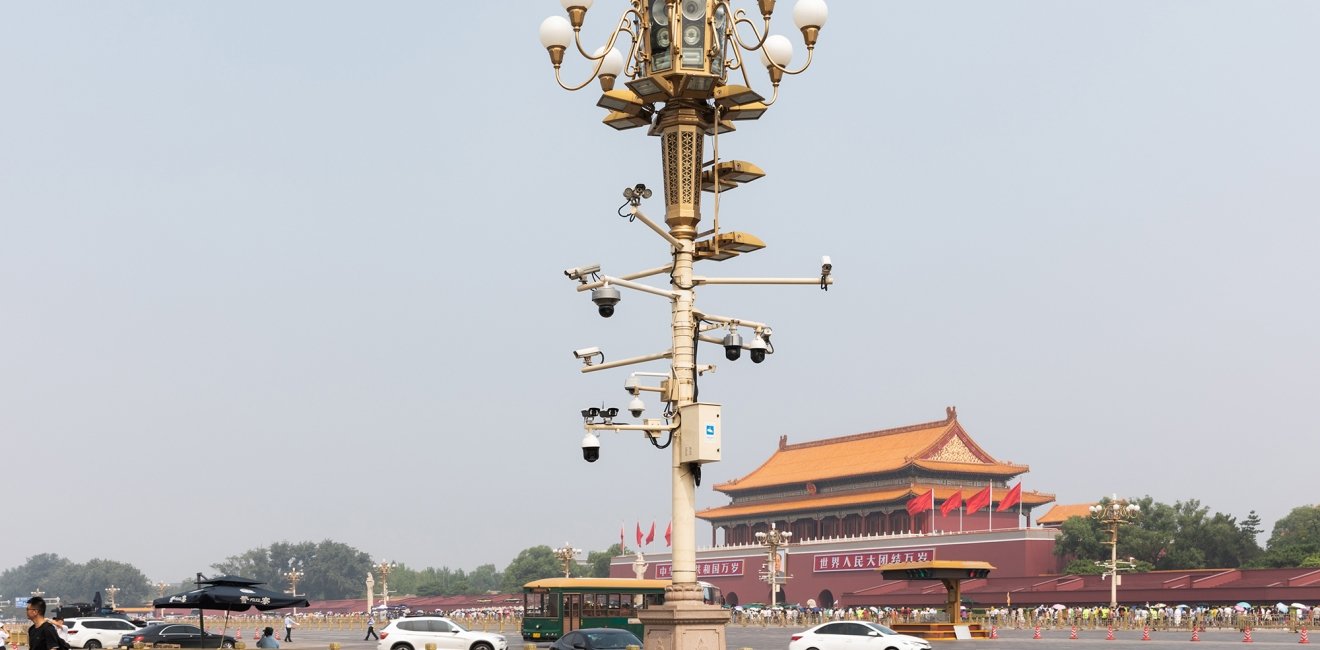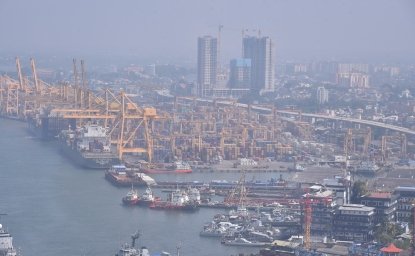
A blog of the Indo-Pacific Program
It was recently announced that the Chinese government was expelling American citizens who worked for the Wall Street Journal, New York Times, Time, and the Washington Post. Beijing publicly explained that the move was a response to the U.S. government limiting the number of employees from China’s party-state media who would be allowed to work in the United States. Yet Beijing was also certainly motivated by the general deterioration of U.S.-China relations that has occurred in recent years, and the intensification of these tensions as a result of the politics of the COVID-19 outbreak.
Yet the turbulence surrounding the presence of foreign, independent journalists working in China runs deeper than these immediate triggers. It is not as if the media environment for foreign reporters was normal previously. The Chinese Communist Party (CCP) has a long history of trying to cultivate good relations with select foreign journalists in order to convince them to publicly defend and praise China abroad, while at the same time attempting to censor or obstruct their reporting to conform with Party preferences. Edgar Snow, author of Red Star Over China, a 1937 book that helped shape a romantic and idealistic image of Mao abroad, is the most well-known example – he was flattered with access and perks, even as his drafts were edited by Party authorities.
Today the CCP continues to cultivate some foreign “friends” to speak on its behalf in a variety of ways, including by running “training” programs for journalists from some countries to show off China’s successes and win allies. Yet today the CCP relies more on restricting the activities of prominent independent foreign journalists than on trying to flatter them. While laws for foreign media organizations were liberalized in 2008, foreign journalists must still renew their visas every year and in the process undergo scrutiny of their work by an office in the Ministry of Foreign Affairs. Chinese nationals working for foreign news outlets must be approved by the government and are often subject to pressure from the authorities.
The CCP’s practices in restricting foreign journalists go beyond the letter of the law. As a 2019 report by the Foreign Correspondent’s Club of China details, journalists are spied upon, intimidated, harassed, detained, made to sign self-criticisms, and harangued by Chinese officials for their reporting.
[Foreign correspondents] were also followed, had their hotel rooms bugged, and had public insults levelled at them by Chinese officials.
As part of a book I am writing on how authoritarian states try to make themselves look good for foreign audiences, I interviewed several foreign correspondents with experience in China. The conversations highlighted the extent to which Chinese government officials take extraordinary measures to control what these messengers can communicate to the world about China. Many of them experienced the sort of harassment and intimidation described in the FCCC report. They were also followed, had their hotel rooms bugged, and had public insults levelled at them by Chinese officials.
Even beyond this intimidation, China is an extremely difficult reporting environment. Party officials, especially at higher levels, are disciplined when it comes to dealing with foreign journalists. They rarely speak to them, and if they do stick to stale press conferences with predictable talking points. There are rarely leaks, and there is of course no functional equivalent of the Freedom of Information Act. Entire “sensitive” areas of the country, such as Tibet, are off limits except on official propaganda tours. Other areas, such as Xinjiang, are not officially off limits, but when a journalist goes there s/he can expect to be followed, intimidated, and stymied. Individuals or groups the Chinese government represses – activists, dissidents, political critics – are themselves monitored and intimidated. This means that it is more difficult for them to tell their stories to foreign journalists, which given China’s domestic media and internet controls is the only way for them to reach a wider audience.
All these measures increase the hassle and risk that foreign journalists must take to access information in China. While this system doesn’t always prevent professional journalists from finding workarounds to tell critical stories, it does increase the time and investment necessary to tell them. My interviews suggest that it also leads to some “successes” in which stories aren’t able to be told due to a lack of sourcing or access.
This raises a critical question: why take the drastic step of expelling some prominent journalists now? Doing so certainly aligns with the long-standing preferences of some CCP officials, as an independent foreign press is an annoyance for the Party while providing little benefit. The most likely answer is highly pragmatic and reflects the growing confidence of China’s leaders: the Party clearly believes that China is now strong enough that it can take measures like this with little fear of significant consequence. After all, if the country can lock more than a million Uighurs in forced re-education camps without serious repercussions, what will be done about a few journalists?
Beijing tries to brand its foreign propaganda outlets like CGTN or the People’s Daily as equivalent to their independent foreign counterparts.
More generally, this is part of an assault on the very concept of free media. This move is a stark message to other foreign outlets and journalists working in China: stay in line, or you may be next. By tying its decision to Washington’s decision to limit visas for Chinese state media employees, the CCP seeks to create a false equivalence between its party/state-controlled journalists abroad and foreign editorially independent journalists working in China. Similarly, Beijing tries to brand its foreign propaganda outlets like CGTN or the People’s Daily as equivalent to their independent foreign counterparts.
The difference, however, needs to be reiterated again and again: China’s party-state media is editorially controlled by the government. Their work is a straightforward case of propaganda designed to bolster government power – the opposite of independent journalism, a major purpose of which is to serve as a check on those in power.
Ultimately if the presence of independent foreign media in China declines further, expect China’s foreign-facing propaganda apparatus to pick up the slack. The government has invested heavily in these platforms and, along with educational efforts like Confucius Institutes, wants to use them to “tell China’s story well.” At the same time, Beijing will likely continue to augment its traditional propaganda efforts with measures to influence international architecture, shape global governance, expand its international influence, and strengthen its political influence activities. As a result, there is a great risk that the future journalistic environment in China will grow increasingly heavy on propaganda and light on valid information. This will necessarily limit the ability of the world to understand what is really happening inside China (a problem made stark reality with the COVID-19 outbreak) and limit the ability of foreign governments to craft effective policies toward the PRC. The CCP prefers it this way, and the rest of us should be worried.
Alexander Dukalskis is a Wilson Center China Fellow and Assistant Professor in the School of Politics & International Relations at University College Dublin.
The views expressed are the author's alone, and do not represent the views of the U.S. Government or the Wilson Center. Copyright 2020, Asia Program. All rights reserved.
Author

Associate Professor, the School of Politics and International Relations at University College Dublin

Indo-Pacific Program
The Indo-Pacific Program promotes policy debate and intellectual discussions on US interests in the Asia-Pacific as well as political, economic, security, and social issues relating to the world’s most populous and economically dynamic region. Read more


Kissinger Institute on China and the United States
The Kissinger Institute works to ensure that China policy serves American long-term interests and is founded in understanding of historical and cultural factors in bilateral relations and in accurate assessment of the aspirations of China’s government and people. Read more





